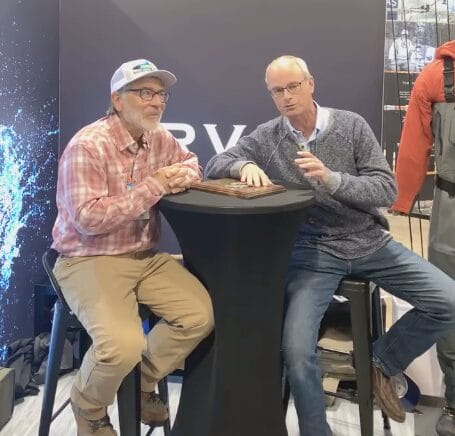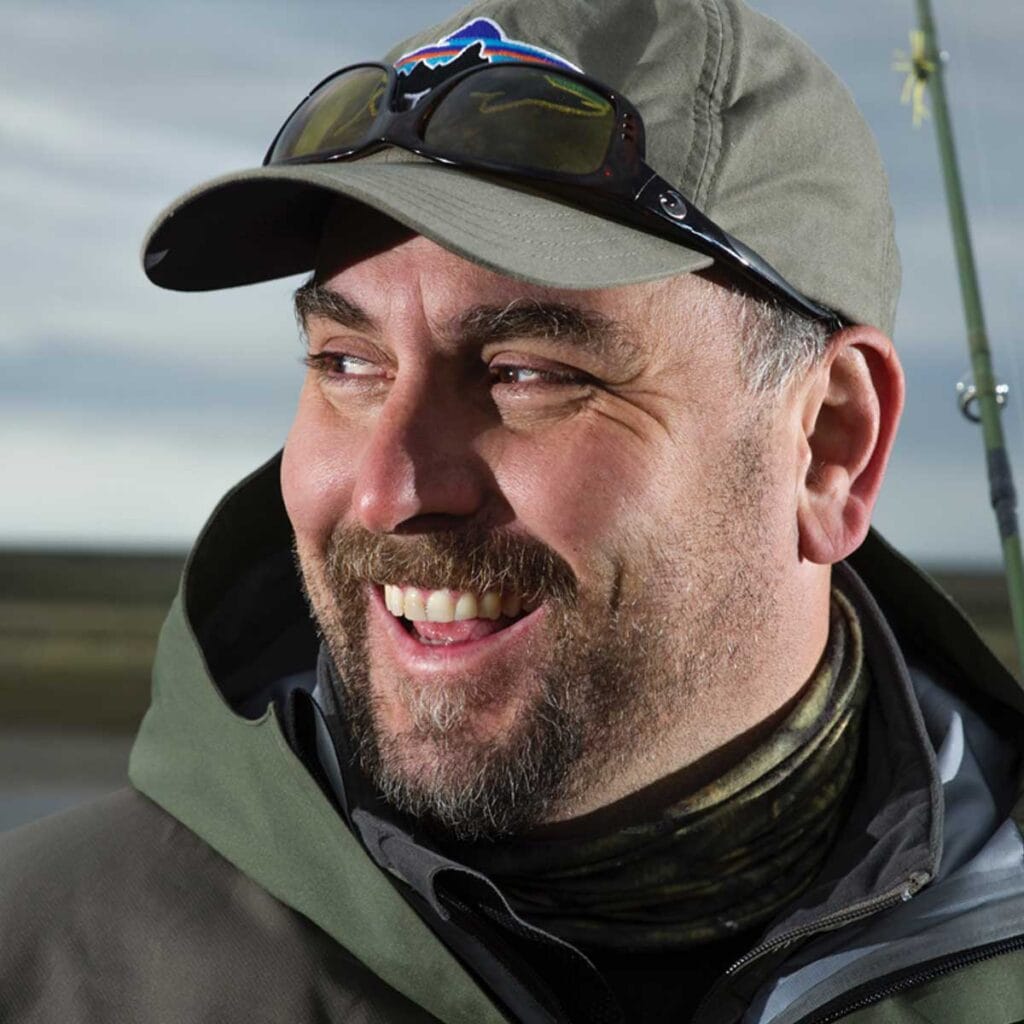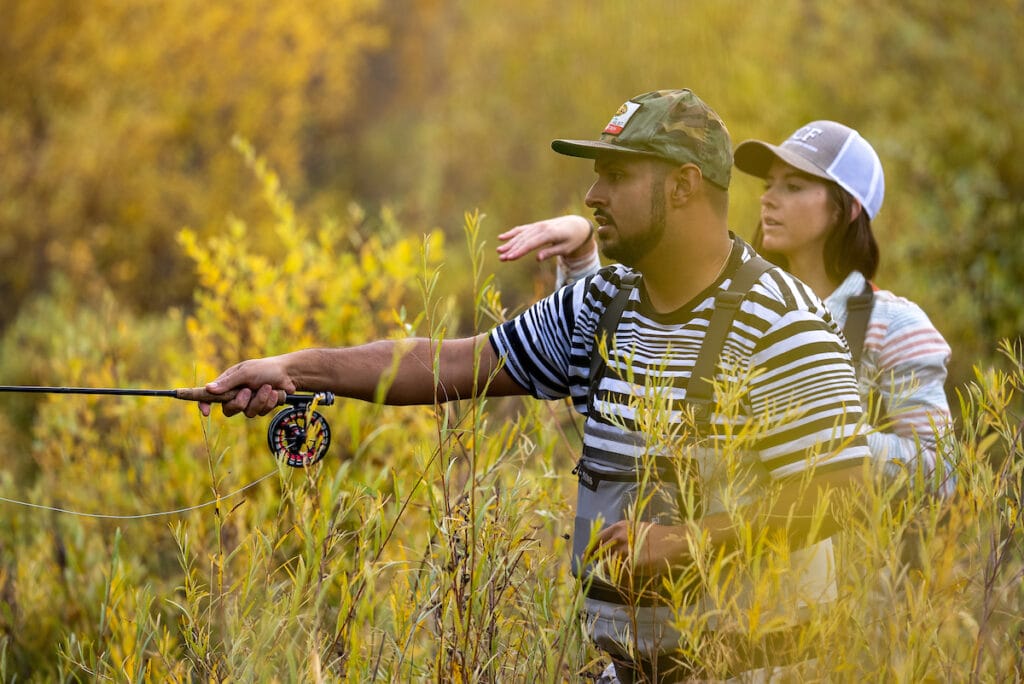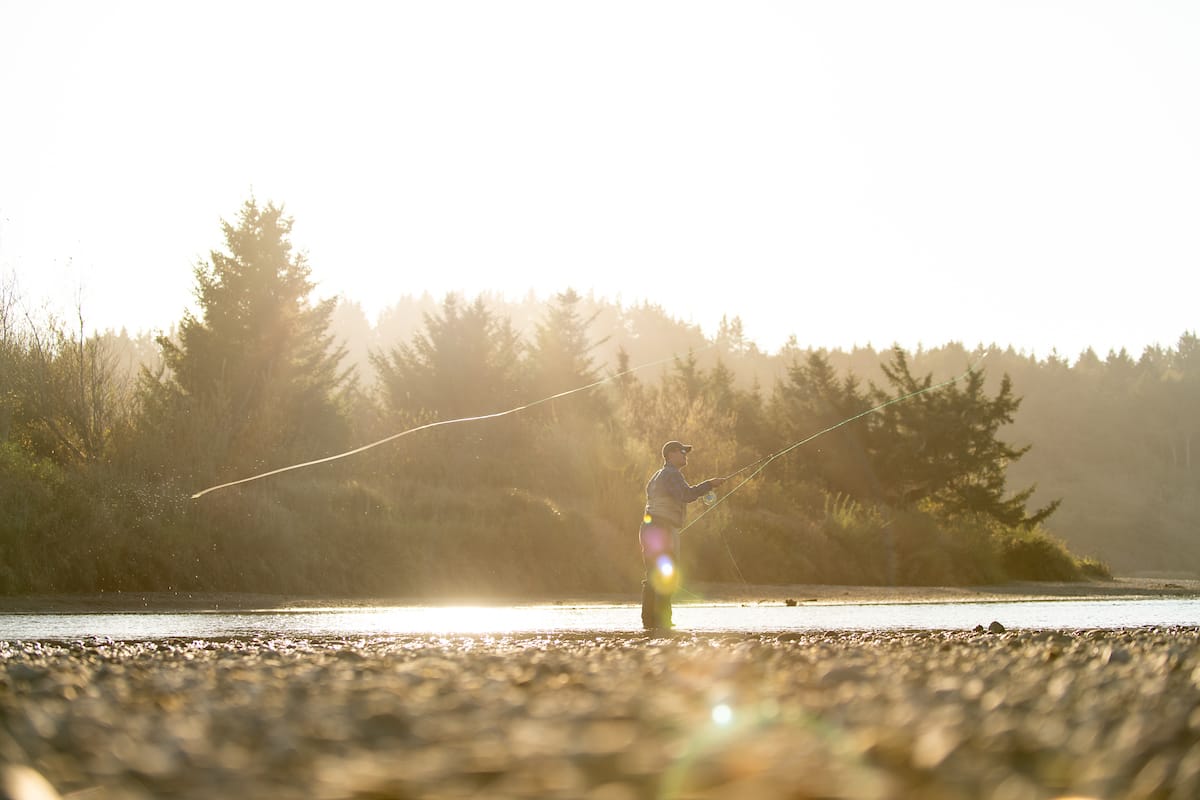I recently had the good fortune of joining my dear friend Tom Rosenbauer on the Orvis Fly-Fishing Podcast to talk about making a career in the fly-fishing arena.
Both Tom and I get asked about this topic a lot, and we’re both grateful to have had our opportunities to earn our livings by doing things we really enjoy. It’s true that if you do something you really love, you don’t feel like you’re “laboring” every day on the job. On the other hand, I’d be lying if I said it wasn’t sometimes frustrating, even a bit distasteful to see how the sausage gets made, even in the fly-fishing world.

The one thing I think anyone who wants to break into the business of fly fishing should understand, up front, is that it’s not about being a good angler. I’ve never heard of anyone who got hired for any job in fly fishing for that reason alone. Sure, having a passion for fishing is great and having some talent and insight is even better, but fishing ability alone is nothing special. It’s always best to bring your professional skills to the fore and a genuine interest in fishing is the icing on the cake.
For example, as a magazine editor, I can tell you that the world is filled with anglers who want to write stories about fishing, but I’m more interested in working with truly gifted writers who happen to know a thing or two about fishing. Almost all the authors you read in TROUT magazine are writers first and angler/conservationists second.

I’d apply that thinking to any niche of the fly-fishing business world. Be a great accountant, foremost, who happens to fish or a great salesperson who happens to fish, and so on, and so forth, and you’ll see doors open for you.
If you want to be a guide, be a teacher foremost. The world doesn’t really need many more fish scoopers, small talkers and photo takers. A real guide, regardless of their age or experience level, is someone who can leave their clients more skilled and more informed at the end of the day. If you’re serious about this, invest in going to a guide school. There are a number of great programs that can set you on the right course.
When you do get an opportunity, you should run with it. In fishing, more than most businesses I know, you often start out with a small task, and then you need to leverage one opportunity into the next. I can tell you that it is a relatively small community, and word spreads fast about the people with talent, and more importantly, those who put in extra effort. The world is filled with those who liked to fish more than work hard—those folks wash out of the fly-fishing business world faster than a northern pike crushes a minnow.

Have a conscience. I get all sorts of letters that pitch stories, and many of them start out, “I am a life member of Trout Unlimited…” Does that make me decide to run the story? Of course not. I judge a pitch by how well it is written. But yes, absolutely, if I know you care about the fish and the rivers, I will read on. The how big/how many days that drove the commerce side of fly fishing are approaching an end. The employers I talk with are more interested in those who care about the “why?” factor more than anything else. Having a conscience amounts to a lot these days.
And money? I’d say fly fishing is about the last place I’d land if I were on a get rich quick plan.
But then again… the places you go, the things you see and above all the people you meet along the way are all priceless. I wouldn’t trade any of it for the world, and I’ll never talk someone out of chasing a dream job in the world of fishing.



